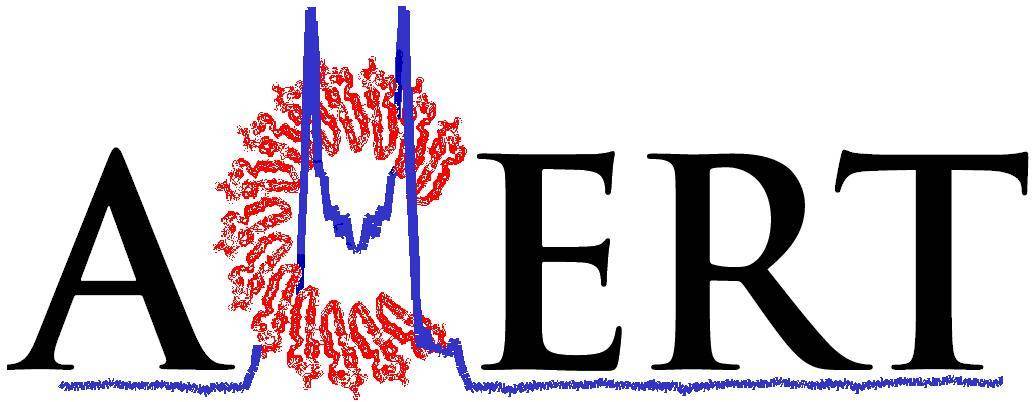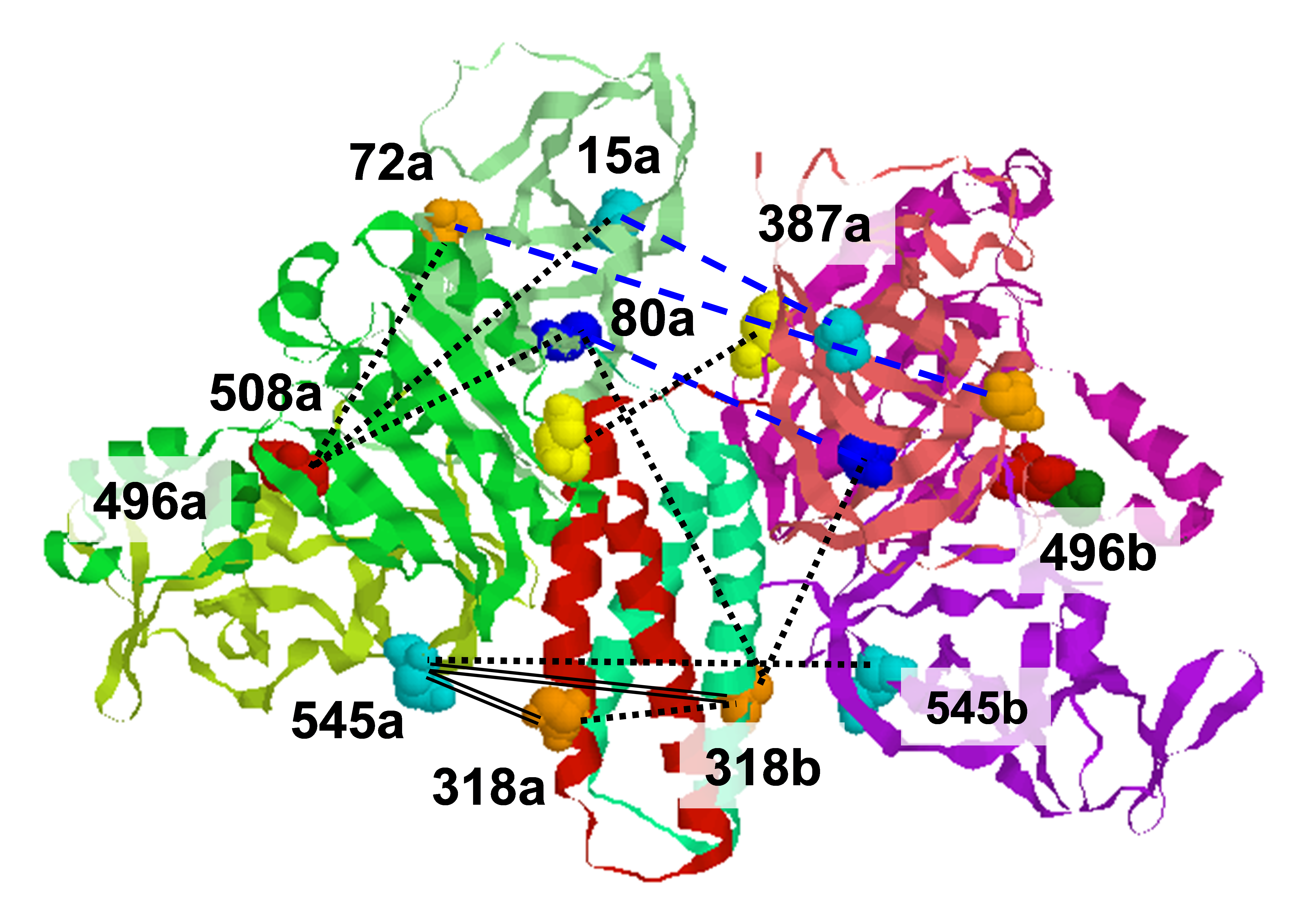For researchers to fully benefit from the ESR technology at ACERT, specific training in the Resource's extensive capabilities is frequently required. Thus, the training of graduate and postdoc students is a major component of ACERT's activities. We plan to continue our regular series of workshops devoted to training students and researchers. These workshops not only provide advanced training, but also serve as an effective means to disseminate much of the specialized knowledge and understanding that ACERT staff have required. The planned theme titles and coverage areas are as follows.
- Dynamics of Biomolecules by ESR. ESR methods for studying molecular dynamics in biological systems have been extensively developed at ACERT and elsewhere. We plan a new "hands-on" workshop to educate the biomedical community about these developments. This workshop will include extensive coverage of pulse ESR methods, in particular 2D-ELDOR, and its growing range of applications, as well as developments in multi-frequency ESR for studies of proteins and membranes highlighting recent developments at ACERT and elsewhere.
- ESR for Structural Biology. Past ACERT workshops attracted considerable attention in the ESR community. Speakers from different countries showed an impressive range of applications for Pulse Dipolar ESR in structural biology. One of the goals of our next workshop on ESR for structural biology is updating the worldwide biomedical community of the latest developments in this vibrant field including the use of non-nitroxide spins, protocols for dealing with protein complexes, experimental methods for increasing sensitivity etc. This workshop will also feature other techniques for structural studies with special sessions devoted to the latest developments in DNP, ED NMR, and the use of 19F ENDOR in conjunction with spin labeling.
- Data Processing in ESR. The importance of signal enhancement, noise reduction, and throughput in the processing of ESR data continues to grow. Major strides in this area include wavelet denoising methods that can recover weak signals with SNR of the order of unity in CW-ESR, ENDOR, and PDS, as well as the accurate processing of PDS data to yield reliable distance distributions by SF-SVD. These methods will be discussed and compared with other popular methods by their originators.
- Computational Methods in ESR. The purpose of this workshop will be "hands-on" training of the biomedical community in the use of ESR simulation and fitting software. We will give presentations on the latest Python-based, portable and user-friendly versions of our NLSL-based software with advanced graphical capabilities. The program will be tailored to the needs of those who employ nitroxide spin labels to study details of dynamics and ordering in biological systems. This is a key issue that affects the applicability of ESR spectroscopy to a wide range of problems in chemistry, biology, and medicine. This workshop will also feature software from other ESR groups from around the world presented by the developers. We will install and demonstrate software on the laptops of participants for real-time instructions.
In-house Visits to Other Labs–ACERT will continue to assist labs to gain signal processing expertise and thus increase usage. ACERT researchers have given hands-on workshops/seminars (notably at ESR conferences) on wavelet denoising and the Srivastava-Freed Singular-Value Decomposition (SF-SVD) for processing PDS data.
Monthly In-Person Training. To provide hands-on training on ESR experiments, software usage, and sample preparation to those in proximity to ACERT/Cornell, ACERT members will regularly dedicate 5 hours (from noon-5pm) on the last Friday of each month, training the researchers on ESR technology. The topics of the training will be rotated. Researchers can pre-register for any or every session.
Training on Request. Several researchers receive hands-on training on the technology of interest to them either by visiting in-person or virtually (for software). ACERT will continue this practice and train researchers that are visiting ACERT for this purpose. In the case of software, training will also be carried out through Zoom.
Past workshops
Past ACERT summer workshops have covered the areas of:
- Hands-On Tutorial Workshop on Denoising ESR Signals Via Wavelets;
- Computational Methods in ESR;
- Pulse Dipolar ESR Spectroscopy (PDS) and Biomacromolecular Structure and Function: Instrumentation, Methods and Applications;
- ESR Microscopy and Its Applications in Biomedical Imaging;
- Multi-frequency ESR/EPR;
- Analysis of ESR Data for Motional Dynamics;
- High field/ high frequency ESR and quasi-optical methods;
- Pulse, Fourier transform, and 2D ESR;
- ESR spectral simulations and modeling of dynamics;
To make a request for individual training, register first and fill out the Service Request Form.

